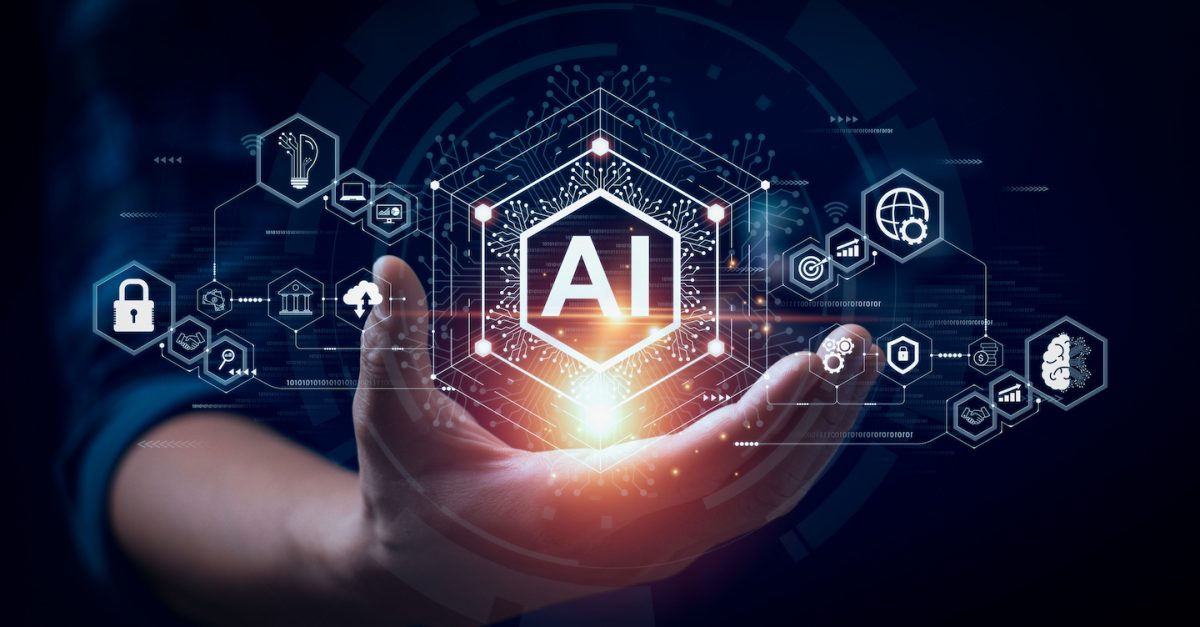
The evolution of AI and its Impact on various industries
February 27, 2024Artificial intelligence (AI), once a shimmering mirage in the desert of science fiction, has blossomed into a tangible force shaping the very fabric of our lives. From humble beginnings in rudimentary chess-playing programs to the breathtaking feats of self-driving cars and language-generating algorithms, accessible through custom iOS and Android applications, AI's evolution has been nothing short of extraordinary. But beyond the captivating headlines lies a deeper story – one of profound impact across diverse industries, transforming how we work, play, and interact with the world around us.
Industry 1.0: Automation redefines work
The most immediate impact of AI has been on the automation of repetitive tasks. In manufacturing, robots powered by AI algorithms now tirelessly assemble complex machines with precision, while in finance, automated trading systems analyse vast datasets to make split-second investment decisions. This shift has undoubtedly increased efficiency and productivity, but it has also sparked anxieties about job displacement. However, the story is not one of simply replacing humans with machines. AI is creating new opportunities in areas like data analysis, machine learning, and robotic engineering, demanding new skill sets and fostering a collaborative future where humans and machines work in tandem.
Industry 2.0: Healthcare gets smarter, diagnosis gets faster
The healthcare landscape is witnessing a revolution fueled by AI. Medical imaging analysis using AI algorithms helps doctors detect diseases like cancer at earlier stages, leading to improved diagnosis and treatment outcomes. AI-powered virtual assistants in our mobile and web applications offer 24/7 medical guidance, while personalised medicine algorithms are tailoring treatments to individual patients' genetic and biological profiles. This transformative potential extends beyond diagnosis, with AI-driven robots assisting health workers in surgery and drug discovery accelerating at an unprecedented pace.
Industry 3.0: Retail gets personalised, recommendations get spooky
The retail industry is facing a seismic shift as AI personalities the shopping experience. Recommendation engines powered by AI algorithms analyse your browsing history and purchase patterns to suggest products you might like, creating a sense of uncanny serendipity. But AI's impact goes beyond digital storefronts. Smart cameras in physical stores track customer behaviour, optimising product placement and inventory management. While the potential for convenience and personalisation is undeniable, concerns about data privacy and the potential for manipulation necessitate responsible development and ethical considerations.
Industry 4.0: Creativity gets amplified, art gets reimagined
AI is not just crunching numbers and automating tasks; it's also pushing the boundaries of creativity. AI-powered music composition tools generate symphonies that would leave Mozart speechless, while AI-driven painting algorithms create digital masterpieces that blur the lines between humans and machines. This creative collaboration, modified by custom software development companies, is not about replacing artists but rather offering them new tools and augmenting their human touch. The future holds the promise of AI-powered art installations that respond to your emotions and personalised stories written in collaboration with AI algorithms.
The Future: A symbiotic dance of humans and machines
As AI continues to evolve, its impact will only intensify. We can expect self-driving cars to become commonplace, revolutionising transportation and urban planning. AI-powered weather forecasting will become increasingly accurate, mitigating the impact of natural disasters. And the possibilities extend beyond the physical world; AI could play a crucial role in tackling climate change and developing sustainable custom software solutions for a future threatened by environmental challenges.
The evolution of AI is not a story of machines replacing humans but rather one of humans and machines working together to build a better future. By embracing the transformative potential of AI while addressing its ethical and societal challenges, we can ensure that this technological revolution benefits all of humanity, shaping a world where humans and machines dance in a harmonious symbiosis, pushing the boundaries of what's possible and creating a future brighter than any science fiction dream.
